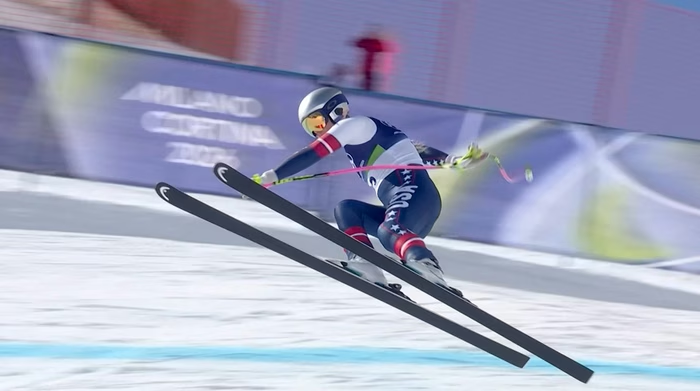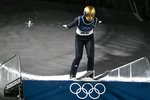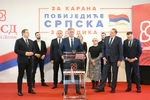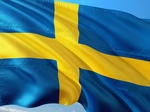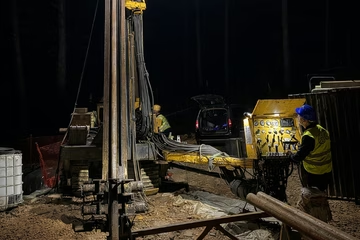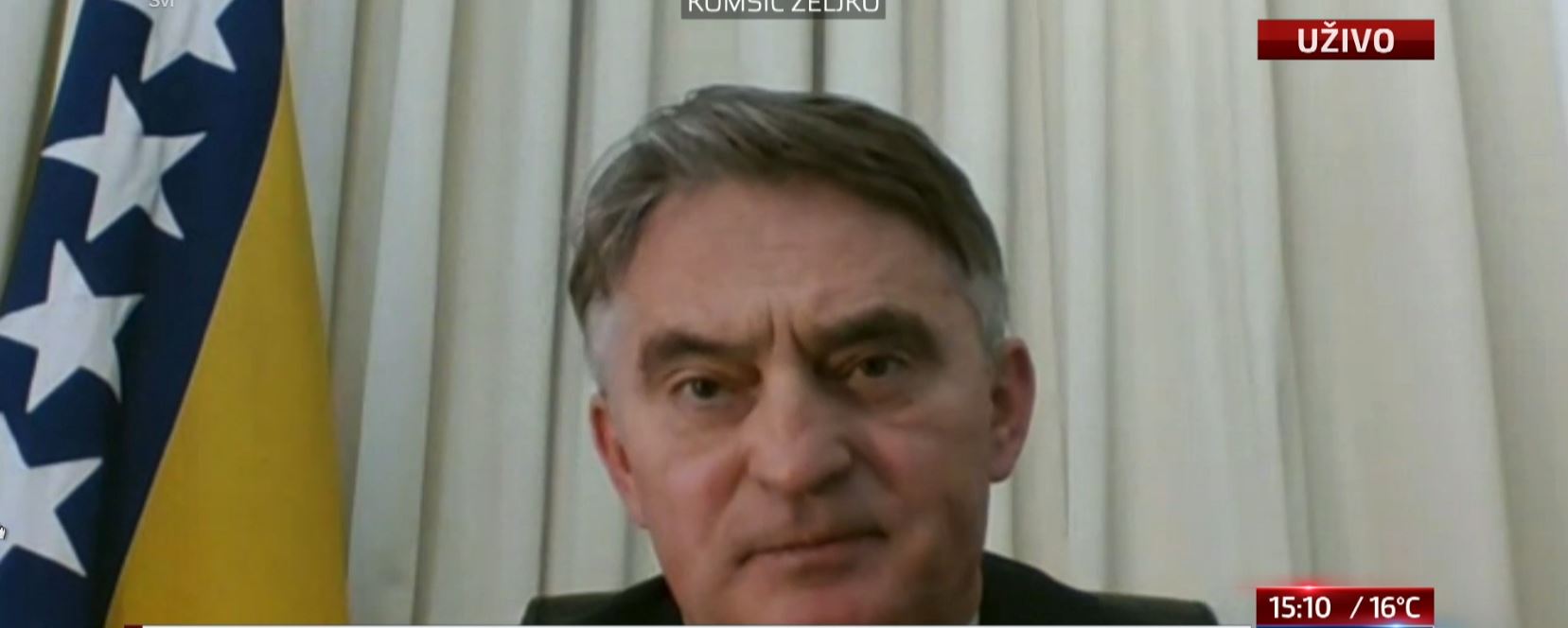
Bosnia and Herzegovina is at a political crossroads, and while the best path for the country is to implement reforms that would bring it closer to EU and NATO membership, neighbouring Serbia and Croatia are trying to impose options that could lead to conflict, BiH Presidency Chairman, Zeljko Komsic, said in his address before the European Parliament's Committee on Foreign Affairs (AFET) on Tuesday.
"I will repeat what you all already know regarding who the key political actors are, especially Russian political actors, with the hope that this time this will be heard and remembered. This is important because the security of almost the entire continent is threatened by the Russian aggression,” Komsic said.
Komsic argued that the Europan Commission's Opinion on BiH's application for EU membership is the most important document for BiH after the 1995 Dayton Peace Agreement.
He said that BiH is at a “political crossroads” and was given a choice to move forward in three different directions.
"The first option is to choose the path that leads to the implementation of the recommendations and 14 priorities from the mentioned Opinion. It may be the most difficult, but certainly the best path for my country,” he said.
He explained that the EC defined the areas in which BiH must implement reforms in order to become a European and democratic state and that doing so would open an irreversible path for BiH toward EU membership.
“In that case, BiH is turning to democratic and progressive societies in which the most important fact is that we as individuals are protected,” he said.
He also stressed that taking this path, along with the path towards NATO membership, would provide an additional guarantee for the very existence of the state.
The second path BiH can take is a status quo, he said.
“I don't think it is necessary to explain the current situation in BiH, we all know that. It is a state of stagnation and latent conflict that has become unbearable for the citizens of BiH. BiH is under constant blockade and ethnic division is trying to be presented as a permanent category of society, while insecurity and corruption are leading us to the mass emigration of young people from BiH,” he said.
Komsic stressed that the social environment in BiH is such that individuals can only have a decent life if they are members of the ruling party or ethnic structure.
“All this shows that the current constitutional and legal framework, as well as the concept of the organization of society, is actually outdated and that further insistence on it leads to the decadence of society. In the light of current events in Europe, I remind you that Russia was the biggest advocate of this situation in BiH for a simple reason, it was a state of frozen conflict that suited Russia as a source of problems,” he said.
The third option for BiH is to take steps backwards, he said, warning that this would certainly result in conflict.
“In that case, that conflict will certainly occur, the moment of the outbreak of the conflict will depend on whether BiH has continued with divisions in the way it is organised. It will depend on whether these divisions are formalised, both by the BiH Constitution and legislation. It will certainly depend on external influences in the region,” he said.
Komsic warned that the “ethnically structured electoral system that is trying to be imposed in one part of BiH is the definitive beginning of the dissolution of BiH with a very uncertain outcome.”
He argued attempts to opt for this option are being imposed from BiH’s neighbouring countries, Serbia and Croatia.
“It goes so far that neighbouring countries are openly interfering in BiH politics. If this looks to you like the situation in Lugansk and Donetsk, Russia's policy and what it has led to, you would be right. It is the same aggressive concept of one state trying to rule over another state. The only difference is that the neighbouring countries are not trying to do so through armed conflict. Truth be told, they did that in the period between 1992 and 1995, as evidenced by the judgments of international courts,” he said.
"How else should we see the policy that comes from Serbia, which they called the “Serb world”, it is identical to the so-called "Russian world". How else to call the open interference of the Republic of Croatia in the internal affairs of Bosnia and Herzegovina, such as in amending the Election Law, all while calling for the protection of the rights of the Croat people in BiH, without seeing the similarities to Putin's call to protect the Russian people in Ukraine," he argued.
“For that reason, it is not surprising that among the most loyal collaborators of Russia in the Western Balkans are the two gentlemen present today - Milorad Dodik and Dragan Covic,” he said, referring to the Bosnian Serb BiH Presidency member and the leader of the strongest Bosnian Croat party in the country.
Kakvo je tvoje mišljenje o ovome?
Učestvuj u diskusiji ili pročitaj komentare





 Srbija
Srbija
 Hrvatska
Hrvatska
 Slovenija
Slovenija


















